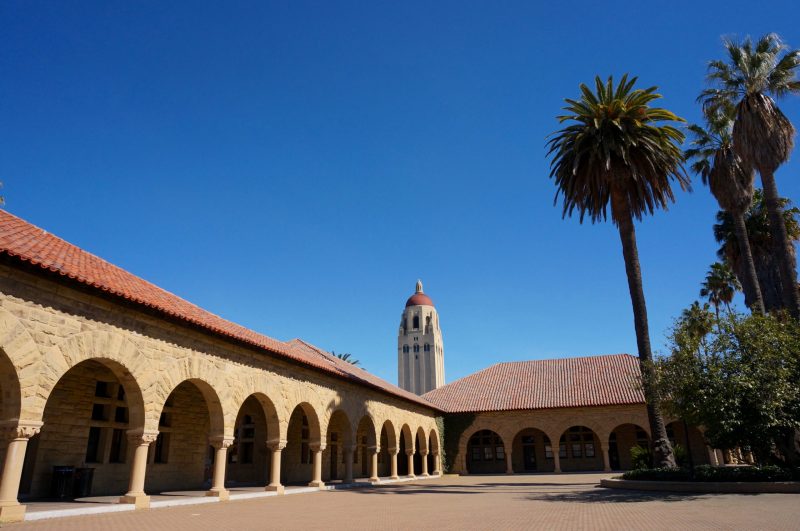The Daily sat down with President Marc Tessier-Lavigne last Friday to discuss his role as University president and free speech on campus. This podcast episode is part of a series titled “Ask the Admin,” where Daily reporters talk with University officials to explore a variety of topics affecting the Stanford community.
Here are our editors’ top 10 takeaways from their conversation with Tessier-Lavigne:
- “We need to model a community in which people can disagree without being disagreeable,” the President said. He urged students to engage with their peers with curiosity and to respond to speech with which they disagree with “more speech.”
- The greatest challenge to free speech at Stanford is that “society as a whole is pushing us towards division,” the President said, adding that this includes the dehumanization and “othering” of fellow citizens.
- The Fundamental Standard is an aspirational statement of the expectations that the Stanford community has for students, including that students “uphold the integrity of the University as a community of scholars in which free speech is available to all and intellectual honesty is demanded of all.”
- The Fundamental Standard is applied under the Student Judicial Charter and is under the purview of the Board of Judicial Affairs. The Board includes staff, faculty and students. If a case is heard, a student chairs the panel.
- Under the Leonard Law, the University cannot discipline students for speech that is protected by the First Amendment.
- Some major examples of speech not protected by the First Amendment include speech that meets the legal definition of harassment, speech that establishes a physical threat toward a specific individual and speech that provokes someone to commit an act of violence. The Office of Community Standards’ website goes into greater detail about unprotected speech.
- If a case comes to the University, there will be a legal analysis to determine whether the speech is protected.
- Stanford has a system to support students harmed by hurtful or offensive speech, even if that speech is protected. Read more about the Protected Identity Harm Reporting Process here.
- By modeling a community in which rigorous, respectful debate can flourish, the President said he believes that Stanford can have an impact that reverberates beyond our campus.
- According to the President, the University has policies and systems in place to encourage free speech, open-mindedness and debate at multiple levels, including through the newly launched COLLEGE Curriculum and ResX initiative.
